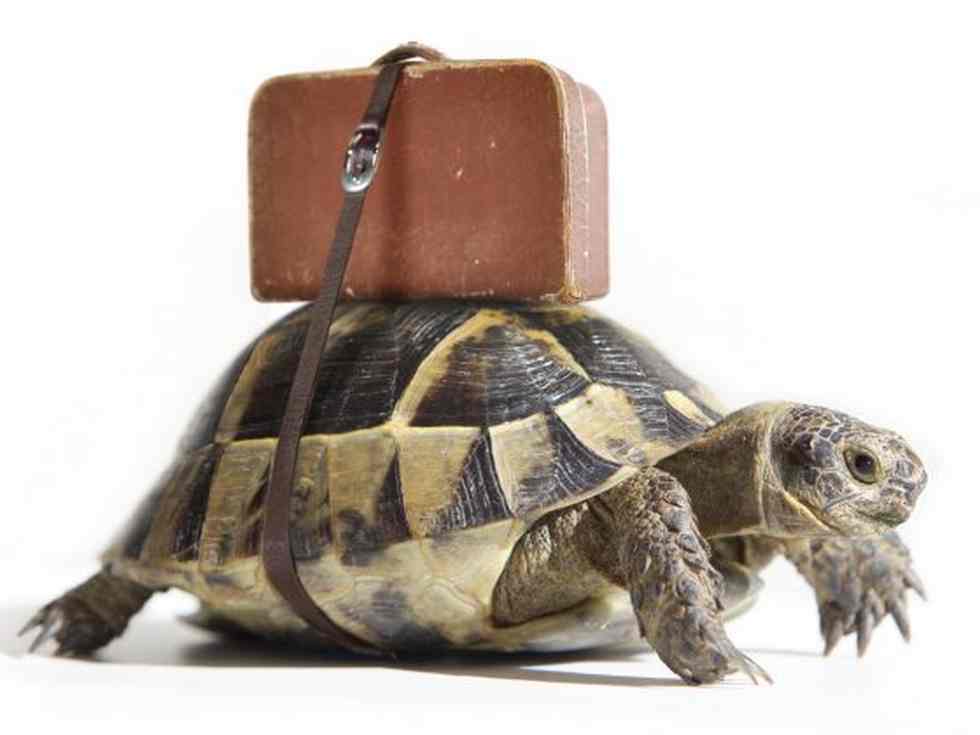Saving slowed over Christmas, however Aussies squirrelled away $100b

The speed of financial savings slowed in November in response to the most recent information from the Australian Prudential Regulation Authority (APRA), as tens of millions of Aussies undoubtedly spent extra on groceries and presents within the lead as much as Christmas.
Nonetheless, since COVID-19 first hit Australia (March 2020 – November 2020), APRA information exhibits that Aussies have managed to squirrel away over $100 billion in deposits.
Strict stay-at-home rules, paired with total uncertainty in family budgets, means many have been both capable of save extra, or pressured to save lots of extra, than ever earlier than.
Deposits by households: November 2019 – November 2020
| Nov-2020 | Oct-2020 | Mar-2020 | Nov-2019 | |
| Deposits by households |
$1,099,485,200,000 |
$1,098,424,100,000 |
$998,739,600,000 |
$979,521,800,000 |
| MoM/cumulative change ($) |
$1,061,100,000 |
$100,745,600,000 |
$119,963,400,000 |
|
| MoM/cumulative change (%) |
0.10% |
10.09% |
12.25% |
Supply: APRA.gov.au & RateCity.com.au
The fallout of this enhance in financial savings has doubtlessly led extra banks to chop rates of interest out of cycles, as banks are being flooded with money that they can’t afford to pay curiosity on.
Whereas the Reserve Financial institution of Australia (RBA) did minimize the money fee to a record-low of 0.10 per cent in November, many banks nonetheless handed on further cuts to their deposit prospects. Australia’s largest financial institution, Commonwealth Financial institution, handed on a second fee minimize to its NetBank saver and GoalSaver accounts in mid-December.
RateCity analysis discovered that 11 banks have made out-of-cycle fee cuts within the first eight days of January alone.
Additional, RateCity analysis discovered that the common highest fee now you can earn as a saver has plunged properly under 1 per cent. The typical most fee for conditional financial savings accounts is now 0.71 per cent, and the common most fee for introductory accounts is simply 0.88 per cent.
In case your financial institution is making frequent out-of-cycle fee cuts, it’s value contemplating this an indication to carry out a monetary well being test in your financial savings account to make sure it’s nonetheless essentially the most aggressive choice on your monetary wants.
4 banks nonetheless maintain the largest piece of the pie
Australia’s huge 4 banks – CBA, Westpac, ANZ and NAB – nonetheless maintain the biggest market share of deposits by households, in response to APRA information.
CBA leads the nation’s financial institution with a 27.15 per cent share, totalling over $298 billion in November. However whereas Westpac retained its second-place place, its deposits dropped $371 billion in November.
Prime 15 Banks by deposit dimension (deposits by households)
| Place | Establishment Title | Deposits by households (Nov 2020) | % of deposits (Market Share) | Deposits by households (Oct 2020) | MoM change in complete deposits ($) | MoM change in complete deposits (%) |
|
1 |
Commonwealth Financial institution of Australia |
$298,536,700,000 |
27.15% |
$297,510,100,000 |
$1,026,600,000 |
0.35% |
|
2 |
Westpac Banking Company |
$230,234,800,000 |
20.94% |
$230,606,000,000 |
($371,200,000) |
-0.16% |
|
3 |
Nationwide Australia Financial institution Restricted |
$147,120,100,000 |
13.38% |
$146,664,300,000 |
$455,800,000 |
0.31% |
|
4 |
Australia and New Zealand Banking Group Restricted |
$138,737,800,000 |
12.62% |
$138,534,700,000 |
$203,100,000 |
0.15% |
|
5 |
ING Financial institution (Australia) Restricted |
$40,247,600,000 |
3.66% |
$40,462,500,000 |
($214,900,000) |
-0.53% |
|
6 |
Bendigo and Adelaide Financial institution Restricted |
$33,666,700,000 |
3.06% |
$33,572,600,000 |
$94,100,000 |
0.28% |
|
7 |
Suncorp-Metway Restricted |
$28,032,300,000 |
2.55% |
$28,035,600,000 |
($3,300,000) |
-0.01% |
|
8 |
Macquarie Financial institution Restricted |
$20,347,300,000 |
1.85% |
$19,775,700,000 |
$571,600,000 |
2.89% |
|
9 |
Financial institution of Queensland Restricted |
$16,614,800,000 |
1.51% |
$16,618,800,000 |
($4,000,000) |
-0.02% |
|
10 |
HSBC Financial institution Australia Restricted |
$13,422,300,000 |
1.22% |
$13,558,600,000 |
($136,300,000) |
-1.01% |
|
11 |
Credit score Union Australia Ltd |
$10,319,700,000 |
0.94% |
$10,377,400,000 |
($57,700,000) |
-0.56% |
|
12 |
Members Fairness Financial institution Restricted |
$9,738,800,000 |
0.89% |
$9,831,900,000 |
($93,100,000) |
-0.95% |
|
13 |
Newcastle Everlasting Constructing Society Restricted |
$7,594,000,000 |
0.69% |
$7,613,100,000 |
($19,100,000) |
-0.25% |
|
14 |
Academics Mutual Financial institution Restricted |
$6,853,700,000 |
0.62% |
$6,798,800,000 |
$54,900,000 |
0.81% |
|
15 |
Heritage Financial institution Restricted |
$6,653,000,000 |
0.61% |
$6,556,400,000 |
$96,600,000 |
1.47% |
Supply: APRA.gov.au & RateCity.com.au
APRA information additionally discovered that some neobanks in Australia could also be on shaky floor. Judo Financial institution, which boasts one of the crucial aggressive time period deposit charges available on the market, has continued its regular enhance in deposits. It boasted a deposit (by family) quantity of $1.2 billion in November 2020. Whereas this solely represents 0.11 per cent of the market, it’s a deposit enhance month-on-month from October of 5.4 per cent.
Nonetheless, each Volt and Xinja skilled decreases in November – the latter of which in December introduced it was returning its banking licence and all deposits to account holders. Previous to November, these neobanks had beforehand recorded month-to-month will increase to their deposit books.
It’s value questioning if some Xinja prospects in November acted pre-emptively, sensing a change was coming. Additional, with Volt nonetheless in ‘beta testing’ for a while now, some prospects could have misplaced hope and thought of switching account suppliers.
Suggestions for Aussie savers searching for new deposit accounts
Whether or not you like to lock in a aggressive fee with a time period deposit or favor the pliability of a financial savings account, there are just a few tried-and-true suggestions value contemplating when evaluating your choices.
- Know the continuing rate of interest, not simply the introductory fee to get you within the door.
- Analysis what charges are concerned, whether or not you may afford them, and in the event that they outweigh the curiosity you might earn.
- Verify what situations, if any, are required of you to earn the best ongoing rate of interest.
- Look outdoors of your childhood financial institution. Essentially the most aggressive rates of interest usually come from competitor deposit suppliers, so it’s value doing all of your analysis.





